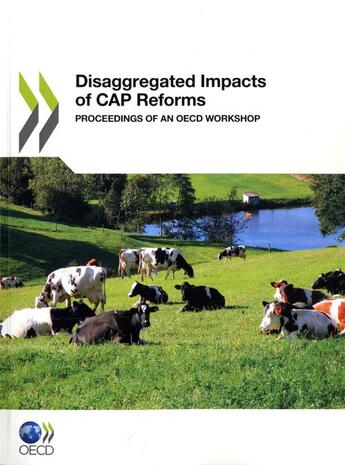-
Date de parution : 18/02/2011
-
Editeur :
Ocde
-
EAN : 9789264096530
-
Série :
(-)
-
Support :
Papier
Résumé:
-------------------------------------------------------------------------------- The Common Agricultural Policy (CAP) is an important policy for the European Union and accounts for about 40% of the EU budget. Ever since its inception in 1958, the CAP has been regularly reviewed and adjusted to... Voir plus
-------------------------------------------------------------------------------- The Common Agricultural Policy (CAP) is an important policy for the European Union and accounts for about 40% of the EU budget. Ever since its inception in 1958, the CAP has been regularly reviewed and adjusted to improve its performance and adapt to changing circumstances. At a time when the post-2013 future of the CAP is being discussed and major challenges such as food security and climate change lay ahead, it is important to review the impact of past reforms and to draw lessons for the design of future policies.
While the studies in these proceedings often take account of national and international market effects of agricultural policies, they tend to focus on the impact of policies on farms and at the regional and local levels. Today, the European Union is composed of very diverse regions that are affected very differently by any given farm policy, depending on the structural characteristics of the farms' and regions' economies.
This report collects papers presented at the OECD Workshop on Disaggregated Impacts of CAP Reforms, held in Paris in March 2010, which focused on recent reforms. In particular, it examined the implementation of the single payment scheme since 2005 and the transfer of funds between different measures. Special attention was also paid to reforms of the sugar and dairy sectors with respect to the quota system and the restructuring of both these industries. The papers also look at the impact of the new direct payment system on land use, production and income.
Donner votre avis














